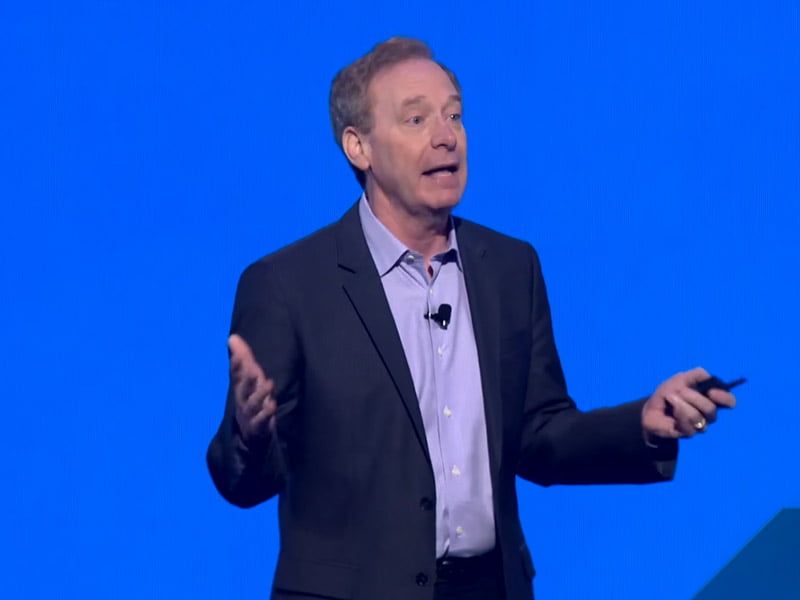Microsoft has doubled down on its support for Australia’s media bargaining code, labelling Facebook and Google’s threats to withdraw services from the country as a “new vulnerability for the world’s democracies”.
In a blog post on Friday morning, Microsoft president Brad Smith slammed the Big Tech firms’ opposition to the media bargaining code, which is set to be debated in Parliament as early as next week and urged the US government to pursue a similar policy.
Microsoft’s posturing on the issue is a significant split from both Silicon Valley and the US government, which has called on the Australian government to ditch the proposal entirely.

It comes after Microsoft last week threw its support behind the bargaining code legislation, saying it would be investing in Bing to help fill the void if Google does leave Australia and would happily be subject to the code.
The media bargaining code, which has been in the works for several years, will require Facebook and Google to enter into final offer, “baseball-style” arbitration to determine revenue sharing deals with media companies for the sharing of news content, and also provide advanced notice of algorithmic changes as the result of human intervention.
Both companies have railed against this proposal, with Facebook quickly saying it might block all Australian news content as a result of it, and Google last month threatening to withdraw its search engine entirely if it is unamended.
Mr Smith focused on Google in the blog post, labelling its reaction to the bargaining code as “dramatic”.
“Unlike Google, if we can grow, we are prepared to sign up for the new law’s obligations, including sharing revenue as proposed with news organisations. The key would be to create a more competitive market, something the government can facilitate,” Mr Smith said in the blog post.
“But, as we made clear, we are comfortable running a high-quality search service at lower economic margins than Google and with more economic returns for the press.”
It was recently revealed that Google had sent private proposals to a number of Australian publishers offering to pay more money for news partnerships, but including clauses allowing for it to terminate the deals if the bargaining code is passed without revision.
This was an “extraordinary manoeuvre”, Mr Smith said, and the actions of the Big Tech firms threaten democracy.
“Google and Facebook have shown they are prepared to tamp down their services or pull out of a country entirely if legislatures force them to share more of their revenue with the press on terms they don’t like,” he said.
“This creates a new vulnerability for the world’s democracies, and it underscores the need for new competition rules in regard to opening up digital markets, something more governments are now considering.”
The Australian government’s bargaining code is an “innovative prescription” for current issues impacting the media, and the US government should introduce similar rules, Mr Smith said, with the Biden administration now facing “pressing questions”, especially following the Capitol Hill riots earlier this year.
“Facebook and Google persuaded the Trump administration to object to Australia’s proposal. However, as the United States takes stock of the events on January 6, it’s time to widen the aperture,” Mr Smith said.
“This is a defining issue of our time that goes to the heart of our democratic freedoms. The United States should not object to a creative Australian proposal that strengthens democracy by requiring tech companies to support a free press. It should copy it instead.”
The bargaining code legislation is currently the subject of a senate committee inquiry, with the final report expected to be tabled on Friday. It will then be debated in Parliament as early as next week.
Do you know more? Contact James Riley via Email.

